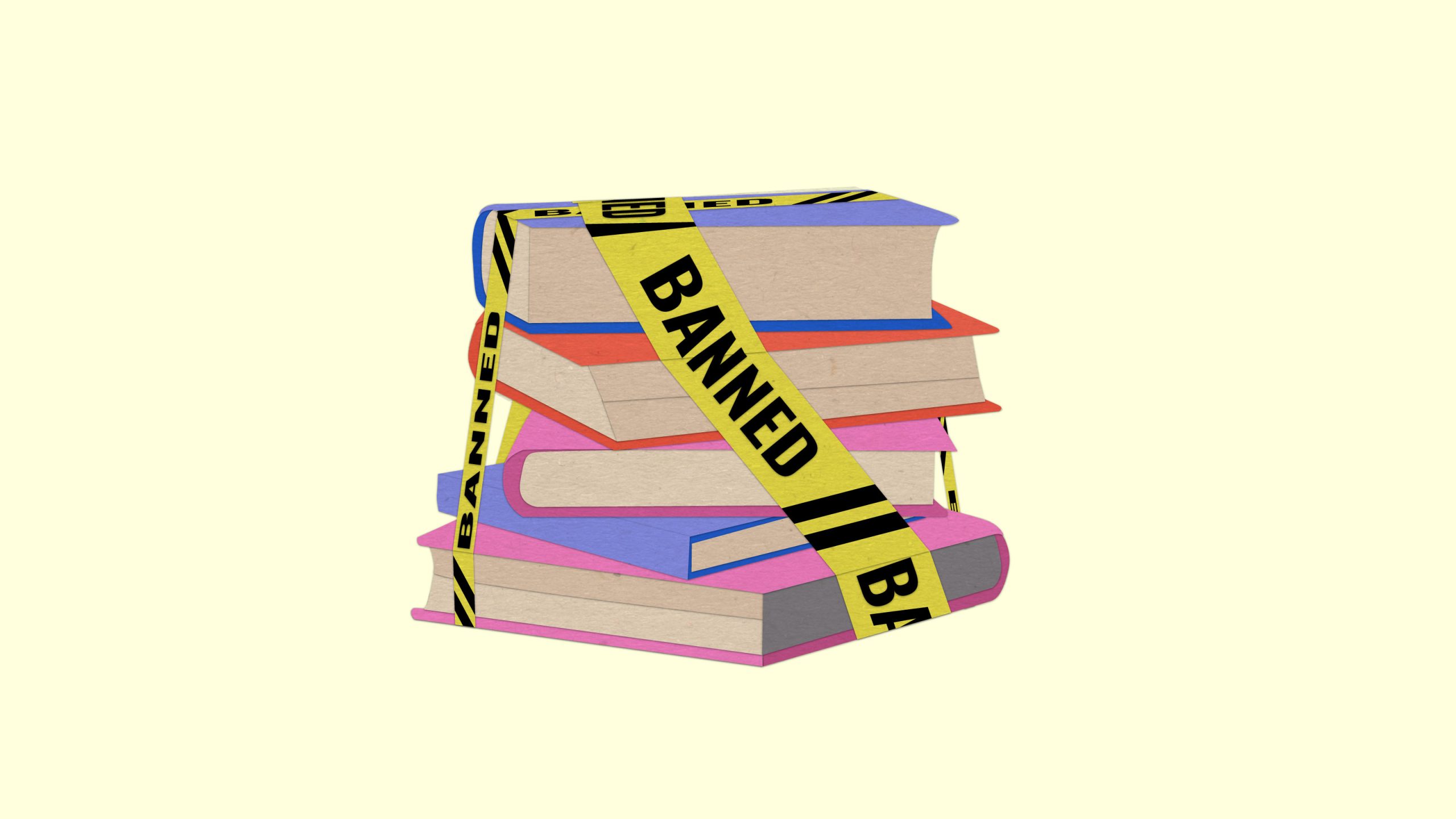With so many states banning books these days—including Utah—it’s probably good to ask what do we lose when books are pulled from the shelves? For New York Times bestselling writer, Carmen Maria Machado, the answer is quite a lot.
The author of the collection of short stories, “Her Body and Other Parties” (Graywolf, 2017), the memoir, “In the Dream House” (2019), and the graphic series, “The Low, Low Woods” (DC Comics, 2020), Machado has a long history of involvement with banned books. She still remembers her own first experiences when she was yet a student in school, putting together ornate displays for new books in her school library. “Give me the banned books,” she remembers telling school administrators.
Those early encounters with literature flowered later into a celebrated writing career. But recently, her writing has also drawn the attention of censorious groups who’ve suggested the inclusion of her books on high school reading lists is akin to child abuse and tried to have them banned.
Those experiences are a big part of the reason the Tanner Humanities Center asked Machado to visit the university during Banned Books Week. Machado’s work is often celebrated for the ways it plays with genre—blending and bending styles, from horror to memoir, to sci-fi and graphic storytelling. The wit and playfulness of her experimentations with writing forms is one of the reasons her work is so beloved by readers and awards committees—from the Folio Prize to the National Book Critics Circle (NBCC) award, to the Lambda Literary Awards (twice), and the Shirley Jackson Awards.
But it is her use of these styles to tell difficult stories about forbidden topics—from gender violence to LGBTQIA+ romance to misogyny—that makes Machado’s writing so indispensable. “Her work pushes boundaries of literary form and taboo subject matter” says Jeremy Rosen, associate director for faculty at the Tanner Humanities Center says, “and it challenges us to rethink what stories can do and what kind of stories we tell about our intimate lives.” Machado insists that stories which provide young readers with reflections and even insight into their own experiences and identities are increasingly important in the current environment.
“I find [book bans] unbelievably depressing,” says Machado. “Those that are on the front lines—the school librarians and professional teachers deserve a medal, really.” Unfortunately, she says, when books are banned, it is most often marginalized voices and readers who find their stories are excluded.
Members of campus and the Salt Lake community packed the Katherine W. and Ezekiel R. Dumke Jr. Auditorium in the Utah Museum of Fine Arts to hear the author read from her memoir, “In the Dream House.” And a great many more lined up for more than an hour to share a few words with the author and have her sign their copies. Supported by Equity, Diversity, & Inclusion; Under the Umbrella Bookstore; Utah Humanities; PEN America and others—the event was part of the Tanner Talks. To learn more about future Tanner Humanities Center events or discover more about Machado and her writing, visit the Tanner website.
ICYMI

